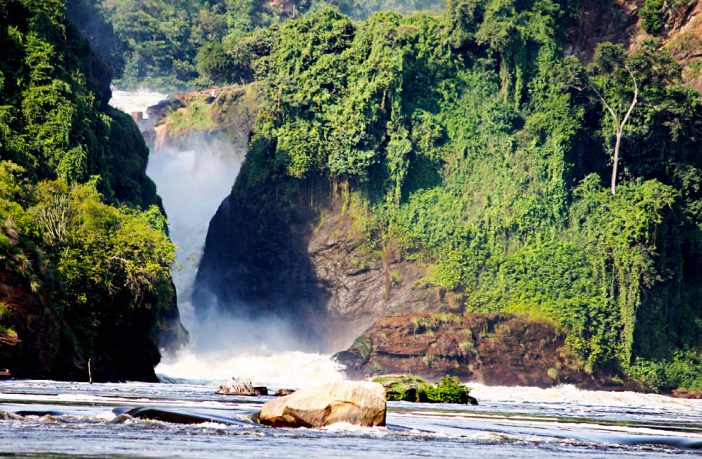- The Ugandan government has terminated the 360MW Murchison Falls hydropower project.
- The project was UNDER developed by the South African company Bonang Power and Energy,
“The government rejected all of the proposal because it believes that Murchison Falls is one of the most important wonders of the country. We believe that, given the tourism potential of the site, it is much more profitable to use it for this purpose,” explains Godfrey Kiwanda, Minister of State for Tourism.
Murchison Falls, also known as Kabalega Falls, is a waterfall between Lake Kyoga and Lake Albert on the Victoria Nile River in Uganda. At the top of Murchison Falls, the Nile forces its way through a gap in the rocks, only 7 m (23 ft) wide, and tumbles 43 m (141 ft), before flowing westward into Lake Albert, ideal for a hydro project.
The project cancellation comes on the back of a major public outcry by politicians, environmentalists and civil society in Uganda. “We need more electricity to power our growing economy, but this project can go elsewhere, not in the park,” concluded Ephraïm Kamuntu, Minister of Tourism, Wildlife and Antiquities in a public announcement.
Author: Bryan Groenendaal











